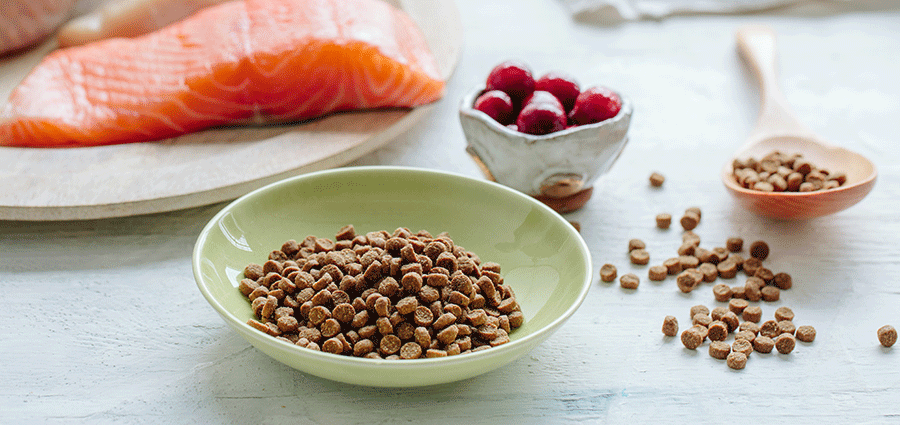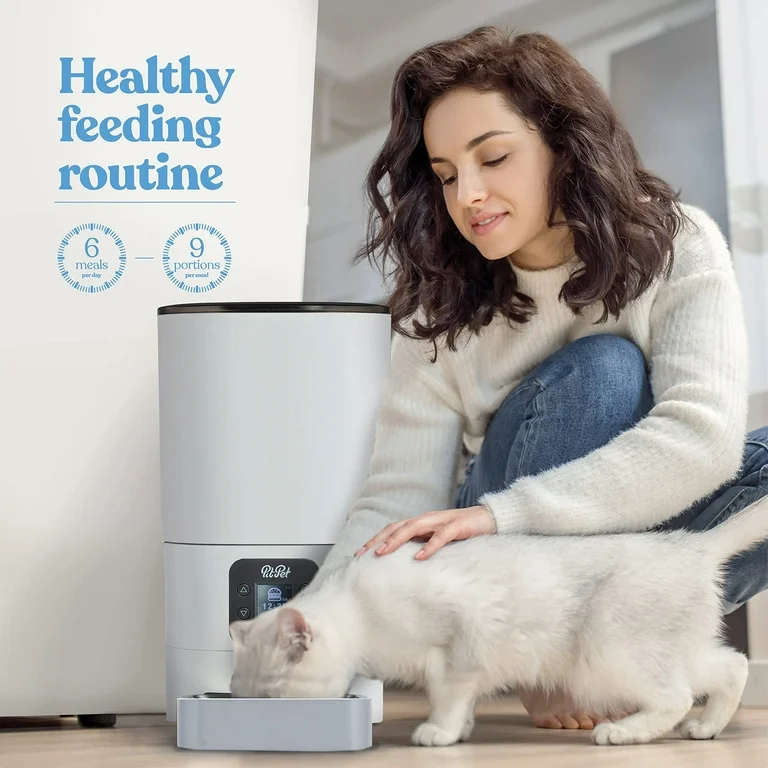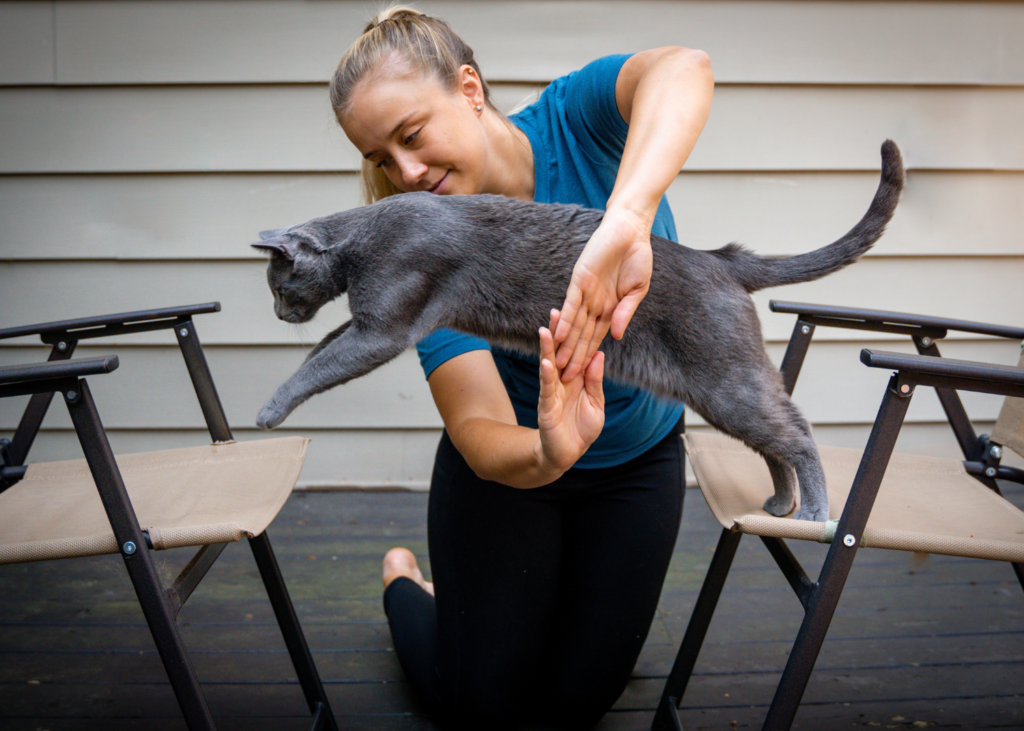
RELATED: 20 Tips Before Adopting a Ragdoll Cat
Cats are appreciated worldwide for their quirkiness and personality. Where purebred cats are concerned, this aspect sets them up differently from the others, simply because their lineage is taken seriously. Purebred cats emanate from well-controlled bloodlines underlined by certain features, appearances, and temperaments, making each breed uniquely different.
Now take a tour through that marvellous world of purebred cats. Along the way, we will learn what it takes for a cat to be “purebred,” gain insights into the most popular breeds, and understand the basic care they need. In other words, if you’re soon to be an owner or just a cat enthusiast, this guide is chockfull of information to get you started.
What Do I Mean by Purebred?
Before exploring the various individual features of purebred cats, it is helpful to establish what constitutes a “purebred” cat. A purebred cat, in simple terms, refers to that breed of cat with known ancestry controlled through pedigree records which can sometimes be traced over many generations. Such cats are bred for specific traits-by coat type, eye color, even temperament.
Some of the Key Characteristics of Purebred Cats
Purebred cats usually show some striking recognizable features and behaviors that are peculiar only to that specific breed. Such breeds tend to attract owners with a preference toward certain feline looks or personalities.
Among the features common in purebred cats are:
Visible Consistency in Features: purebreds usually have consistent features; for instance, siamese slender build and gleaming blue eyes on the face, while the Maine Coon has huge size accompanied by his bushy tail.
Predictable Temperament: Most purebreds come with characteristic traits. Siamese cats are famous for being chatty, and Ragdolls are known to be calm and laid-back.
Health and Genetic Traits: Because the history of purebred cats is an unnatural history, many purebreds are prone to specific health issues due to the genetic makeup they possess. Responsible breeders work diligently to reduce their likelihood, but that is one something owners should be prepared for.
Top 10 Most Popular Purebred Cat Breeds
If you are searching for a special look or personality, I am sure there is a purebred breed that will fit your quest. Below are ten of the most popular purebred cats, each of which has unique characteristics, history, and ideal care needs.
1. Siamese
- Traits: Affectionate, Vocal, Social
- History: Since ancient Thailand, the Siamese has always been preferred by people because of their distinctive vocalization and friendly nature. They are renowned as the “talkers” of the world of cat.
Siamese cat really loves to interact with humans and easily gets attached to the owner. The almond-shaped bright blue eyes, combined with a smooth body, make them almost impossible to ignore.
2. Persian
- Quiet, Affectionate, Elegant
- Persians are ancient-looking cats since their origin dates back in centuries. They are famous for having beautiful long coats and a very relaxed nature
Their thick, dense fur requires regular grooming, but because they are a laid-back breed, they make great lap cats.
RELATED: 7 Adorable Flat-Faced Cat Breeds with the Cutest Smooshed Faces
3. Maine Coon
- Characteristics: Friendly, Mild, Large
- Origin: Originating from North America, Maine Coons are one of the largest dog domesticated cat breeds. They are playful giants and appear very rugged.
- Their thick, water-resistant coats require moderate grooming, and their friendly nature makes them extremely suitable for families.
4. Bengal
- Characteristics: Hyperactive, Curious, Intelligent
- History: Bengals are a hybrid cross between domestic breeds of cats and the Asian leopard cat. They have a very wild-spotted coat, almost like a little jungle cat.
Bengals are extremely energetic, very intelligent cats that should be kept in dynamic homes with much to climb on, and to explore.
5. Ragdoll
- Characteristics: Quiet, Gentle, Solidity
- History: Named for their tendency to go limp when picked up, Ragdolls are gentle giants with soft, semi-long coats and bright blue eyes.
They’re a great fit for families and are said to be one of the most gentle breeds of cats, often enjoying being carried or held.
6. Sphynx
- Traits: Affectionate, Playful, Hairless
- History: Known for their lack of fur, Sphynx cats are a stunning breed from Canada.
They are social butterflies and require frequent skin care as they do not have any coats to guard their skin.
7. British Shorthair
- Characteristics: Independent, Quiet, Loyal
- History: The British Shorthairs with round faces and thick coats look adorable, thereby being highly liked not only in Britain but all around the world.
They are low maintenance and independent cats, which makes them suitable for busy families.
8. Abyssinian
- Characteristics: Energetic, Curious, Playful
- History: This is the oldest breed of domestic cat, and to be known for his short, ruddy coat, and his curious personality.
Love to explore and always on the go, this one cat breed would make a perfect addition for families and lifestyle-conscious individuals.
9. Scottish Fold
- Traits: Gentle, Calm, Playful
- History: This is a rare breed of cats, with folded ears instead of standing erect on them, and known to have the sweetest and playful nature of a cat.
Their Teacup version characteristic ears are caused by an inherited genetic variation but they might be prone to conditions in regards to the joints.
RELATED: Glaucoma in Cats: Symptoms, Causes, and Treatment
10. Birman
- Characteristics: Affectionate, Social, Loyal
- Origin: Birmans have a history surrounding the temples of Burma and have stunning blue eyes as well as pointed coats.
- Their calm and affectionate nature makes them suitable for family life.
The Importance of Choosing a Responsible Breeder
Ensure that you get a reputable breeder once you are choosing a purebred cat. Ethical breeders know that making money is only half the job; true care means prioritizing animal health and happiness. They will be frank about any genetic defect in their line of cats and will provide complete health history and proper socialization for your pet cat.
What to Look in a Breeder
- Health Records in Clear Communication: Make sure the breeder will give you a clear health record.
- Clean Environment: The cats should be kept in a clean, comfortable space.
- Socialization: Kittens should be socialized and accustomed to humans.
- Post-Adoption Support: Responsible breeders often offer post-adoption support and advice.
How to Care for Your Purebred Cat
Each breed has unique requirements based on the length, texture, and quality of their coat, temperament, and health predispositions. Here are some general and breed-specific care tips that ensure your purebred cat enjoys life at its best.
Grooming Needs
Long-haired breeds, such as Persians and Maine Coons, have to be brushed daily in order to stop the mats from forming.
Short-haired breeds, like British Shorthairs, don’t require as much grooming but are still kept in tip-top shape and would appreciate regular brushing to cut down their shedding.
Diet and Nutrition
There are particular requirements for purebred diet. For example, because of their size, Maine Coons will need high-protein diets, whereas the Sphynx cats will require more calories to maintain their own warmth since they do not have any fur.
Health and Wellness
Some breeds of purebred cats might need more frequent checkup visits to the veterinarian because of predisposed genetic factors.
Some breeds, such as Siamese, are predisposed to dental disease and may need brushing and dental chews.
Exercise and Mental Stimulation
These are the breeds that necessitate lots of playtime, climbing structures, puzzle feeders, and interactive toys for their mental stimulation, although Bengal and Abyssinians are some high-energy breeds.
RELATED: Highlander Cat Breed Profile: Characteristics, Care, and Personality
Purebred Cats FAQs
Q1:Are purebred cats prone to health issues?
Ans: Of course. Some purebred cats are prone to certain health issues, primarily because they lack the genetic diversity that would distribute predispositions to different conditions. However working breeders do want the best health lineage possible and work to prevent such issues through veterinary check-ups.
Q2: How do I know if a breeder is legitimate?
Ans: Responsible breeders will provide health records, allow you to see the conditions where kittens live, and be open about genetic health issues. They will also be more interested in finding the right home for their cats than making a sale.
Q3: Are purebred cats finicky eaters?
Ans: Some purebred cats may require a different diet based on the health or energy needs of the individual animal. Consult your veterinarian to make the appropriate changes in your cat’s diet.







